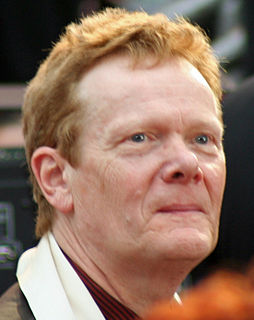A Quote by Joan Larkin
I think translation is an impossible job, and I admire the people who do it in a way that brings poetry to us that we wouldn't have access to.
Related Quotes
If we think about folk forms, they belong to disenfranchised people, people who have not been allowed access to the poetry of literature or the leisure time that comes with the pursuit of poetry. Instead, this is ceremony. This is a highly charged way to create a sacred space that isn't necessarily about God, but is about human experience at its most profound levels - whether that's love or grief, separation, or homeland. All are altered states.
Poetry transcends the nation-state. Poetry transcends government. It brings the traditional concept of power to its knees. I have always believed poetry to be an eternal conversation in which the ancient poets remain contemporary, a conversation inviting us into other languages and cultures even as poetry transcends language and culture, returning us again and again to primal rhythms and sounds.
In translation studies we talk about domestication - translation styles that make something familiar - or estrangement - translation styles that make something radically different. I use a lot of both in my translation, and modernism does both. For instance, if you look at the way James Joyce presents Ulysses, is that domesticating a classic? Think of it as an experiment in relation to a well-known text in another language.
When you think intensely and beautifully, something happens. That something is called poetry. If you think that way and speak at the same time, poetry gets in your mouth. If people hear you, it gets in their ears. If you think that way and write at the same time, then poetry gets written. But poetry exists in any case. The question is only: are you going to take part, and if so, how?
That's one of those questions that would just love to have a pat answer. You know, poetry's job is to make us feel good. Poetry exists to allow us to express our innermost feelings. There isn't one role for poetry in society. There are many roles for poetry. I wrote a poem to seduce my wife. I wrote a poem when I asked her to marry me. Poetry got me laid. Poetry got me married.
I don't speak any languages well enough to make an expert assessment on writing in translation, but since I'm interested in awkwardness in prose, I find I like the way translated texts can sometimes acquire awkwardness in the process of translation. There's a discordance translation can create which I think is sometimes seen as a weakness but which I think can be a really interesting aspect of the text.
The way we learn to write is the way we learn to talk: We listen to others and start mimicking speech, and that's how we come to become speakers. Writers you admire, you admire the way they plot, you admire the way they create a character, you admire the way they put a sentence together, those are the writers you should be reading.
You can always find a way to do something. Now, of course, when I do the action, it's an action that inspires people, it's a gift to people, it's not the other way around, I do not take something, I do not hurt people. Yes, I think today would be more than impossible and yet part of me would think that I continue to think that nothing is impossible.
What poetry is asking us to accept can be difficult. Our proximity to our mortality, the fragility of our existence, how close we live in every moment to nameless abysses, and the way language itself is beautifully, tragically, thrillingly insufficient...these are some of the engines that drive the poem. It's natural to want to turn away from these things. But we have to face them, as best we can, at least sometimes. Poetry can help us in that nearly impossible work.






































